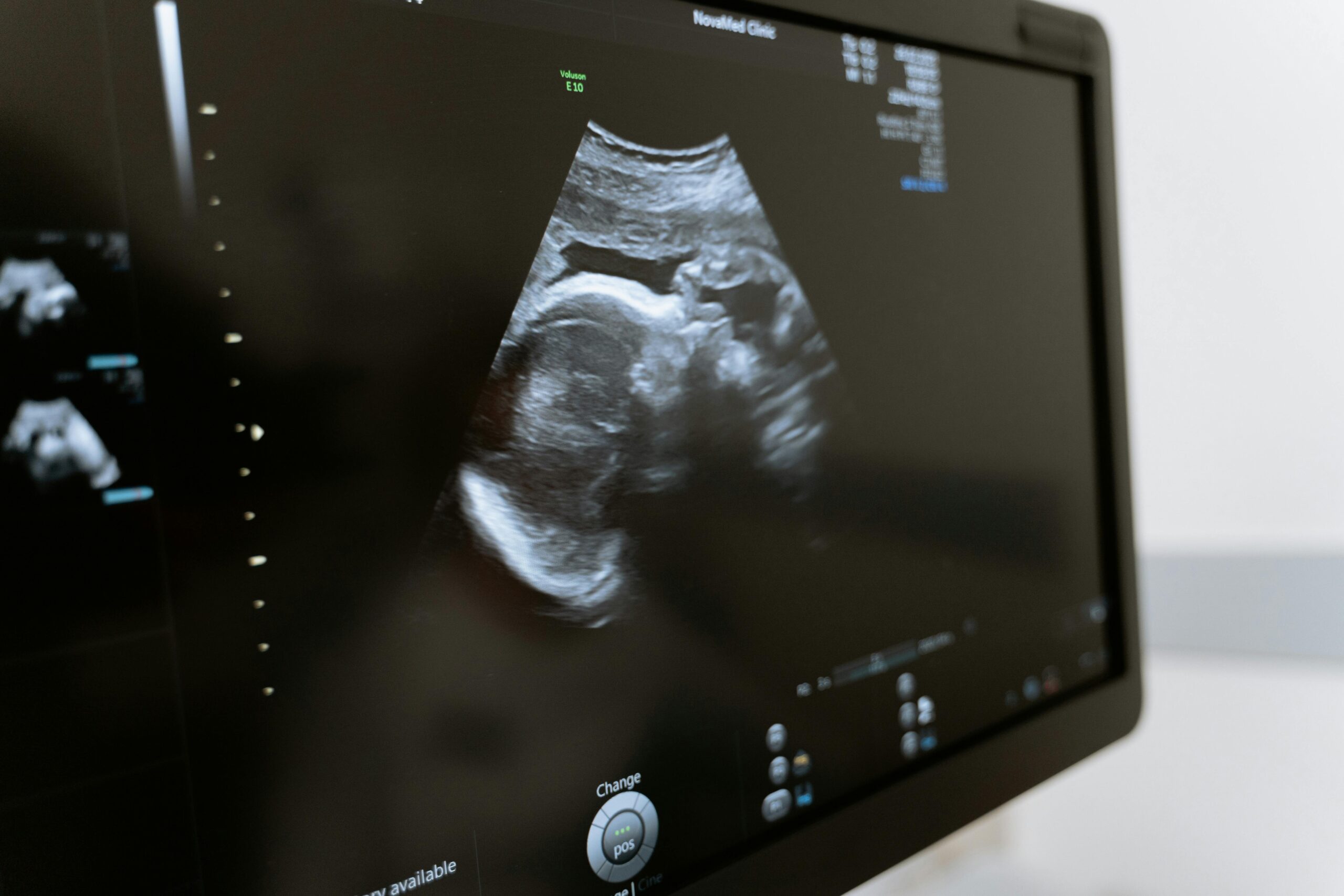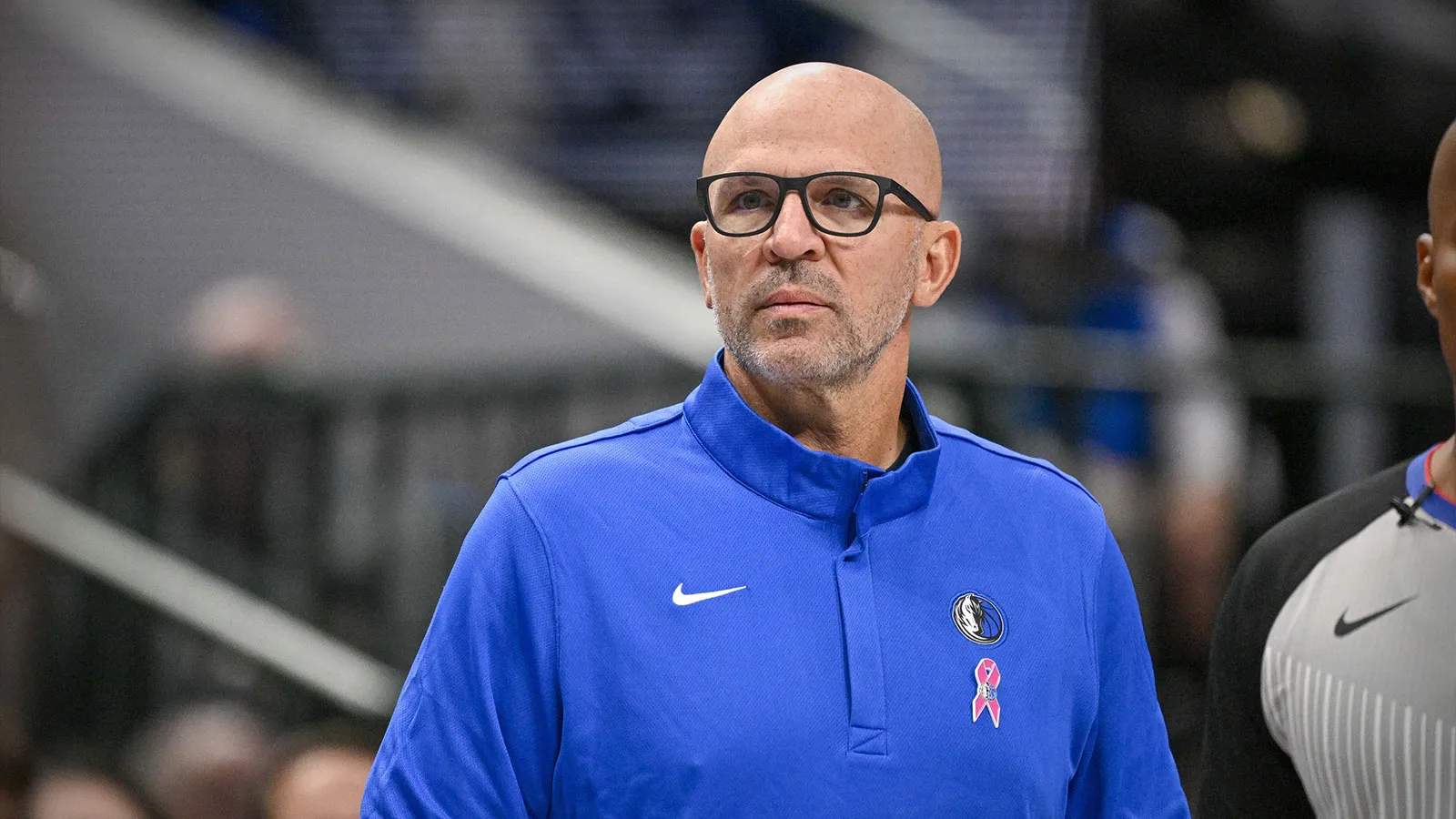Copyright Arizona Capitol Times

Key Points: Physicians challenge state abortion laws in court under new constitutional right Testimony highlights burden of waiting periods, counseling and telemedicine ban Legislative leaders defend statutory scheme, claim it isn’t obstructing abortion care Two physicians seeking to strike down a host of laws regulating abortion care brought their case to court this week, leaving a judge to mull whether the state’s new constitutional abortion protections strike out the statutes. With an enshrined right to an abortion and a firewall stopping state interference with pre-viability abortions, absent a compelling reason and minimum restrictions, pro-abortion advocates contend a swath of state statutes are now contrary to law. “The laws we are challenging are preventing me from providing the care my patients want and deserve and that they are constitutionally entitled to,” Dr. William Richardson, a plaintiff and medical director of Choices Women’s Center in Tucson, said. Richardson, Dr. Paul Isaacson and the Arizona Medical Association, represented by attorneys for the Center for Reproductive Rights and the American Civil Liberties Union, sued to have three sets of Arizona law struck down. The lawsuit challenges the “Reason Ban Scheme,” which outlaws physicians from performing abortions if the patient seeks to terminate the pregnancy based on the sex, race or genetic abnormalities of the fetus – the “Two Trip Scheme,” which requires two appointments, a 24-hour waiting period, and state-mandated counseling, and the “Telemedicine Ban Scheme,” which bans virtual prescriptions and sending abortion medication through the mail. Attorney General Kris Mayes has declined to defend the statutes and sided with the plaintiffs, leaving their defense to Senate President Warren Petersen and House Speaker Steve Montenegro. Maricopa County Superior Court Judge Greg Como previously declined an attempt from the legislative leaders to dismiss the case, instead sending the issue to a three-day evidentiary hearing to delve into how the laws impact abortion care in the state. Richardson, Isaacson, four physicians and one social psychologist planned to testify for the plaintiffs, while Petersen and Montenegro planned to call two physicians, one psychiatric nurse practitioner, and a former Planned Parenthood clinic director turned pro-life advocate. Physician witnesses for the plaintiffs reviewed each statutory scheme, testifying on how the current process imagined in state law either obstructs or complicates care. The two-trip scheme, which mandates physicians to provide information on fetal anatomy, risks, alternatives and resources in the case a patient goes through with a pregnancy, and requires patients to receive an ultrasound and attend two appointments with a 24-hour waiting period before obtaining an abortion, fell out of line with evidenced-based medicine and patient autonomy. But Alex Saquella, an attorney for the Legislature, pointed out, and had one witness confirm, that physicians already go through the nature of the procedure, risks, benefits and alternatives with patients, regardless of the statutes. Isaacson, in his testimony, claimed that the information is not entirely medically sound or up-to-date and directs patients to crisis pregnancy centers, which he described as “unlicensed and unregulated facilities that put themselves out to be health care facilities without providing appropriate health care.” Physicians spoke of the emotional toll the information can take on patients — naming frustration, anger, sadness and desperation as sentiments they’ve seen follow state-mandated counseling. He noted, too, when he has read the information to patients, he’s been met with frustration, anger, sadness and desperation — all sentiments echoed later in testimony from physicians. Katharine Wenstrom, a physician and geneticist called by the plaintiffs, spoke to the impact it has, particularly on patients who have a genetic abnormality in their pregnancy. “By making them sit there and showing them normal anatomy, it’s a way of saying this is what your body should’ve done,” said. “It was brutal to have to make the patient sit through that. In every case, a patient would be crying by the end. I’m just tearing up thinking about it because I just feel like I’m hurting this patient even more.” In terms of mandated ultrasounds, practitioners claimed an ultrasound is typically most instructive directly before the abortion, or is sometimes unnecessary if a patient has a strong hold on their menstrual cycle timing and regularity. The witnesses claimed that requiring two appointments can create unnecessary delays and burdens for the patient, including difficulty making time for two appointments, and risks, like being pushed past the limit for medication abortion or from accessing abortion care altogether. In discussing the telemedicine ban, Dr. Laura Mercer, an OB-GYN and board member of the Arizona Medical Association, testified about telehealth appointments and how certain strategies and techniques aim to minimize the risk of confusion or miscommunication when obtaining informed consent. She acknowledged telehealth may not be the best option for every patient, but a blanket ban on the practice complicates care. Richardson similarly testified to the line between in-person and telehealth care and similarly broke down how the different branches of individualized abortion care cannot fully stretch out under the state’s current regulations. Witnesses touched on the “Reason Ban,” too, as it pertains to genetic abnormalities, noting it can often close the door on communication with referring health care providers and between the doctor and the patient. “It destroys it,” Wenstrom said. “It ends the physician-patient relationship.” Attorney for the Legislature Justin Smith pressed on whether physicians would perform an abortion if they knew the patient sought it solely because of the race or sex of the prospective child. When questioned, Isaacson said he would not personally perform those abortions, but stopped short of saying it should be cemented in law or would be unethical across the board. As for the general alleged burden of abortion care, Smith pointed out the number of abortions has gone up since the two-trip scheme took effect. In 2009, the Arizona Department of Health Services reported 10,045 abortions performed across the state, compared to 12,705 in 2023.



